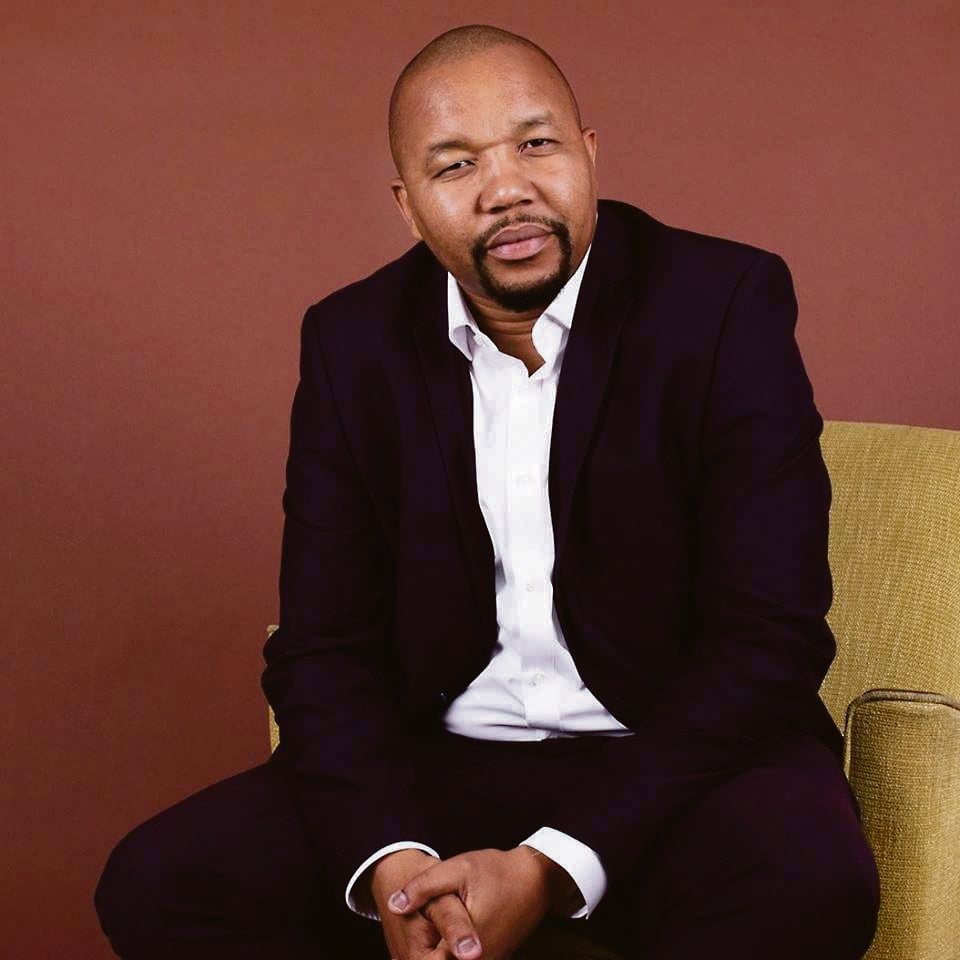
The first major cause of xenophobia, and against Africans in particular, is the irrational exaggeration of their numbers in the country.
When incidents of xenophobia happen, there is always a desire among some institutions and the media to portray a South Africa that is overwhelmed by foreigners, in an attempt to partly apportion blame on them, if not to justify South Africans’ resentments.
In 2015, The New York Times, the BBC and Reuters all claimed South Africa had 5 million foreigners.
This was later dismissed by some experts, because it’s unthinkable that the number would have more than doubled in four years and, as it turned out, these international media houses used figures from an unreliable and discredited source.
The international media may have their own motives for exaggerating foreign national numbers in our country but, given the deadly consequences of that exaggeration, our own local institutions have a moral responsibility to provide credible statistics and dispute or reject the exaggeration of figures.
The only reliable foreign national figures in the country were released in 2011 by the census, which puts the number at 2.2 million, and it is already adjusted to include undocumented immigrants.
This is the starting base for any calculations or estimations for the growth of these numbers in the last eight years.
In 2016, home affairs claimed to have deported about 400 000 foreign nationals, a number that must be factored in whenever we are counting the exact figure of those who remain in the country.
This means any estimation of foreigners coming in must also consider those going back to their countries of origin.
Whether we use the overall population growth statistics to estimate growth in numbers of foreign nationals or numbers recorded at refugee portals or home affairs, our predictions need to have a credible and solid base.
This is not what happened in 2017 when another round of xenophobic attacks happened.
The figure of 5 million was back again, with an added million on occasion.
The UN Department of Economic and Social Affairs said South Africa had 5 million migrants. Again some experts wanted to know where the department got these figures.
Some crude estimation about asylum seekers and refugees was touted, as if South Africa is surrounded by countries at war.
Even African countries neighbouring those that are at war, such as those close to Sudan or Democratic Republic of Congo, do not get over 1.6 million asylum seekers in a year.
The worry, of course, is that in South Africa this is not just a battle between statisticians and experts.
An exaggeration of foreign national figures in the country perpetuates this sense of a country overrun by foreigners, contesting for resources, for jobs, and for living space, which results in resentment and the urge to fight.
The second issue, equally important, is the inability to know exactly what work foreign nationals are doing in South Africa and what their measure of success is.
I was pleasantly surprised to find out that Nigerians are the most successful ethnic group in America.
“Today, 29% of Nigerian-Americans over the age of 25 hold a graduate degree, compared to 11% of the overall US population,” according to the Migration Policy Institute in Washington DC.
It is even said that “In some Nigerian-American families, you can’t throw a stone without hitting someone with a master’s degree. Doctors, lawyers, engineers, professors.”
I was immediately interested to find out if such research exists in South Africa, as it would be useful to quell all the overwhelming perceptions about Nigerians being only drug dealers, pimps and criminals.
No such research exists, even though there is much on xenophobia and foreign nationals.
The reason is simple; there is already an existing paradigm about certain foreigners which guides whatever research is conjured by institutions.
Foreign nationals are a problem and exist predominantly as owners of small shops in the peri-urban slums of our communities, hence all research is done only to measure the depth of the problem.
This is not only unfair but irresponsible on our part as South Africans.
We have a moral responsibility to tell the truth about all foreign nationals. There are some in Sandton and Century City as much as there are in Alexandra or Khayelitsha.
When their story is told – what they are doing in our country, the strides they are making – it should not be narrow and perverse.
Most importantly, however, South Africa has unresolved legacies of colonial making, when prejudices against one another were always the defining feature of our livelihoods.
The plan of the colonial master was to create enduring suspicions among races, tribes and groupings, and then to whip everyone to look up to the colonial master as the one to provide safety and comfort.
The way coloureds and Indians were treated, pulled into tricameral parliament and given some measure of rights, while Africans were completely cut off, has created enduring suspicions among these black groupings.
The occasional sentiments about the Zulus, the Xhosas, the Vendas continue to this day and such sentiments are always ripe for anyone who may be populist enough to exploit them.
Foreigners arrived into the rainbow nation that still has to mend a lot of its past iniquities.
The ease with which we reject African foreign nationals is because we have rejected ourselves first.
Rejecting them is rejecting our Africanness, which has always been a source of shame to us.
Today we cannot integrate foreigners because our own healing process is not complete. We are suspicious of anyone outside our circle of concern, race, religion and tribe.
We need to reject the legacy of the colonial and apartheid master and embrace our Africanness and our fellow Africans.
South Africa remains the beacon of hope for many Africans whose countries do not yet offer the kinds of freedoms and enabling environment it has.
Diko is spokesperson of the ANC in the Western Cape




 Publications
Publications
 Partners
Partners








